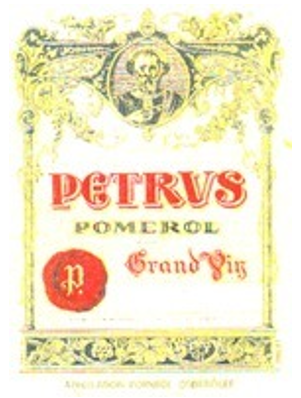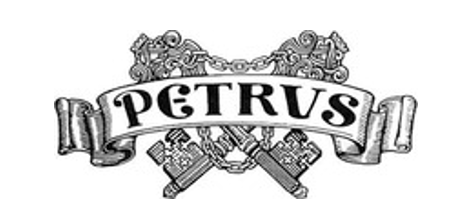The renowned house PETRUS has achieved a decisive victory in China against a local company that imitated its label, used a misleading translation of its name, and falsely claimed its prestige.
Chinese courts recognized acts of trademark infringement, unfair competition, and false advertising—a ruling that significantly strengthens the protection of well-known brands in China and encourages right holders to remain vigilant.
The prestigious winemaking estate PETRUS, located in the “Pomerol” appellation near Bordeaux, recently secured a favorable judicial decision in a case involving trademark counterfeiting and unfair competition in China.
PETRUS, globally known for its high-end wines, holds in China the word mark “PETRUS” and several semi-figurative marks for wine.




The transliteration 伯萃斯 has also been registered in that jurisdiction.
hrough continuous use and extensive promotion of its exceptional wines, PETRUS has gained recognition and a strong reputation in the wine industry. ipside.com
In 2021, PETRUS discovered that a Chinese company, Beijing Baicui, was selling red wine bottles featuring a label that imitated the iconic elements of its trade dress—specifically, the first semi-figurative label previously mentioned. ipside.com+1
The same company used a different Chinese transliteration, “柏翠”, in its corporate name and promotional materials. ipside.com+2Lexology+2
Besides appropriating these distinctive elements, Beijing Baicui co-opted the brand’s history and accolades to deliberately mislead consumers. It claimed that its wine was the “king of wines”, the “best of the eight great Bordeaux wines”, the “wedding wine of Queen Elizabeth II”, and the “wine presented to the White House by the Kennedy family.”
In the second instance, PETRUS obtained from the court:
Recognition of infringement on its visual trade dress
The court found that PETRUS’s label is highly distinctive—used consistently over decades—and had achieved “a certain level of recognition” among the public.
The label used by Beijing Baicui was deemed very similar in terms of graphics, color scheme, font, and overall layout, constituting unfair competition.

Recognition of false advertising
Beijing Baicui was held to have acted in bad faith by appropriating PETRUS’s brand history and making false claims about its wine—constituting unfair competition.
Recognition of trademark infringement of “PETRUS”
Although PETRUS had not registered the exact Chinese transliteration used by the competitor, it presented substantial promotional and media materials showing that the relevant public long recognized “PETRUS” as represented by “柏翠”.
Accordingly, the court found that Beijing Baicui committed acts of infringement. Moreover, the use of the name “PETRUS” in Beijing Baicui’s corporate name and promotional materials was also deemed infringing.
The court ordered Beijing Baicui to immediately cease the infringing conduct, to change its corporate name within 30 days of the judgment, and to remove the false advertising. The company must also publish a public statement on its WeChat account and in an edition of the prominent Wine Magazine. In addition, a financial award of approximately €80,000 was imposed.
Significance for the Trademark Industry
This decision is particularly notable for holders of well-known brands operating in the Chinese market, encouraging them to take action against trademark infringement and unfair competition.
It also underscores the need for brand owners to strengthen the protection of their rights in China—favoring local trademark filings and implementing proactive monitoring systems.
Moreover, the case sends a strong message to local companies tempted to improperly exploit the reputation of legitimate rights holders.
Once often criticized for gaps in intellectual property protection, China demonstrates significant progress in defending the rights of legitimate rights holders. The PETRUS case also highlights the importance of rights holders actively monitoring markets to detect counterfeiting risks.
Conclusion
Whether you hold a prestigious brand or an emerging one, establishing a comprehensive strategy to protect your creations internationally is essential.
This includes filing distinct elements of your labels (such as name, design, Chinese characters, etc.) to avoid unauthorized exploitation or misrepresentation by third parties.
May 2025
